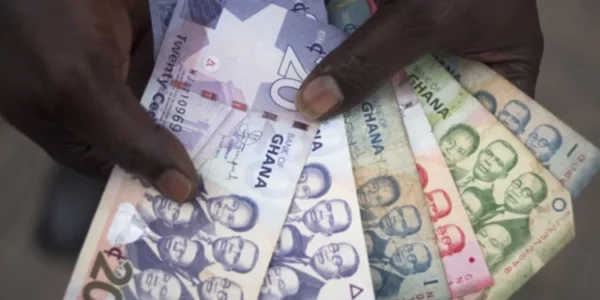Rising inflation may adversely affect purchasing power of consumers – Economist
“Inflation is generally an erosion of your purchasing power. With an increase in the inflation rate, you would either need more money to buy the same item or buy less with the same amount of money you had last year.
- Advertisement -
Economist with Databank Courage Martey says the rising level of inflation if unchecked could impact the purchasing power of Ghanaians.
The current year-on-year inflation rate of 10.6% for the month of September is the highest since July 2020 and higher than the government’s end of year target of 8 percent.
- Advertisement -
For four months in a row, the rate of inflation had witnessed an increase.
- Advertisement -
After dropping from 10.3% in February this year to 9.9% and 8.5% in March and April respectively, the rate dropped further to 7.5% in May.
It has since then increased consistently through June, July, August and September, driven mainly by increases in food prices and other factors.
In an interview with Citi Business News, Courage Martey, an economist with Databank, expressed concern over the impact of rising inflation on disposable income and interest rates.
- Advertisement -
“Inflation is generally an erosion of your purchasing power. With an increase in the inflation rate, you would either need more money to buy the same item or buy less with the same amount of money you had last year. So disposable income has been reduced as it stands for consumers, and it is only a matter of time that standard of living will also be negatively impacted.”
“From an investor perspective, what it means is that if I give you my money the risk to the value of that money has been increased, so I would demand a higher compensation for that risk which means that the interest rate which is the compensation for risks such as inflation will start to go up and you’ll likely see investors demanding higher interest rates for loans or credit that they give,” he added.
Even though the year hasn’t ended, the September rate of 10.6 percent still beats the end of year projections by the World Bank and the International Monetary Fund, who are projecting that Ghana will end the year with an inflation rate of 9.8 % and 10.2 % respectively.
According to Mr. Martey, the projections of the Bretton Woods institutions are in order.
Source:citibusinessnews.com
- Advertisement -


